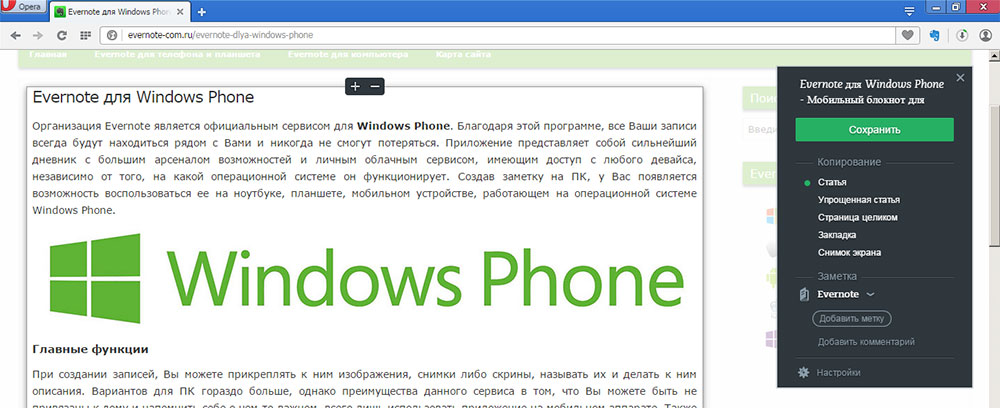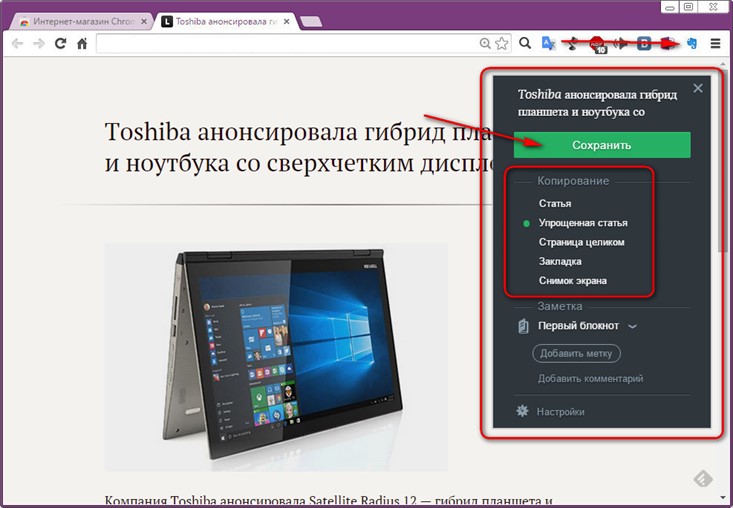
LastPass is versatile, allowing you to store usernames and passwords, as well as credit card information, shopping profiles, and URLs. Keeping a document full of your usernames and passwords is highly volatile, using the same username and password for everything compromises every account in the event of a data breach, and writing them all down on a piece of paper is cumbersome. The number of accounts you have between email addresses, client portals, and social media accounts makes your head spin.

All of this is at a glance and easy to see. One green check indicates that a message was tracked correctly, and two checks mean it was opened. MailTrack used to be available only for digital marketers, but they’ve made it easy now for everyone to use it. It’s important for digital marketers to track email opens, clicks, and generate daily reports. It’s great when you need to power through essential tasks or have a lot of references open at once for writing a blog or scheduling multiple social media posts. Compared to other browsers, this can extend battery life up to fifty percent. Opera also has a power saving mode that reduces the activity of tabs that aren’t active, decreasing the energy your computer uses. Ads significantly slow down website performance, so the addition of a built-in ad blocker increases battery life and strain on the processor.

Opera recently introduced their newest version with a built-in ad blocker and VPN service. However, the Norwegian company is pumping out some new features, and users might be pleasantly surprised with the options. Some are available for Safari, but Opera has been left in the dark for a long time.

With Chrome gaining sixty percent of the market share as of October 2017, the majority of extensions are available for Chrome only. Everyone has a reason for using the browser they use, and often it’s not based on performance or features, but on habit.


 0 kommentar(er)
0 kommentar(er)
